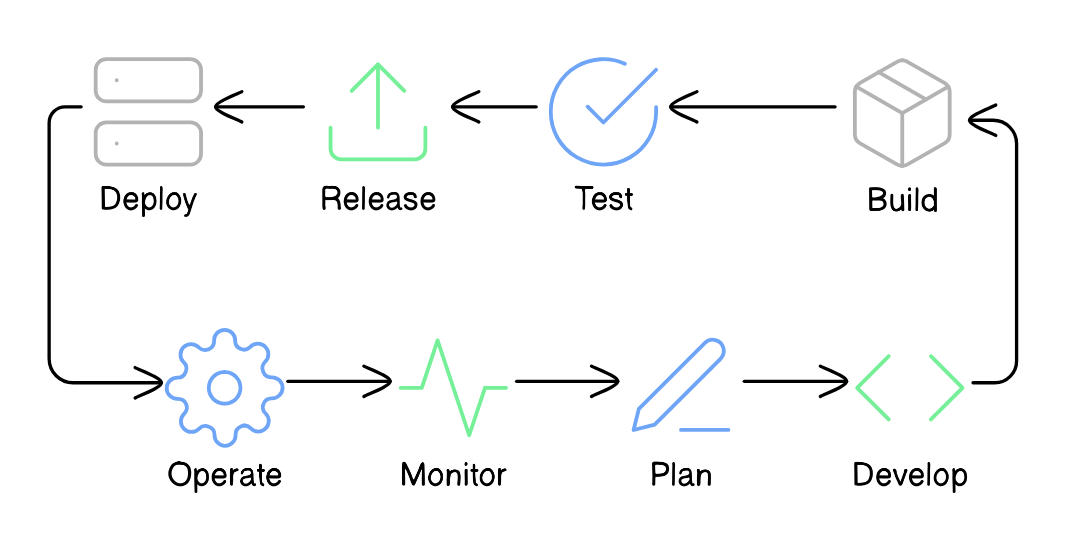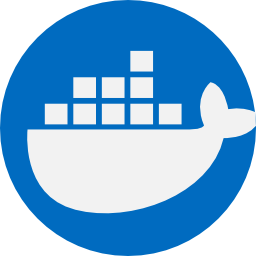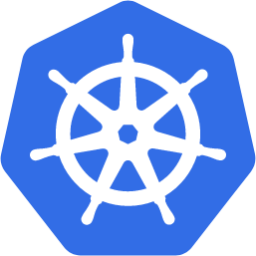Top 5 DevOps Tools for Startups in 2024

Introduction
In this blog post, we will be outlining some tools which cover critical aspects of the DevOps lifecycle, including containerisation, orchestration, infrastructure management and continuous delivery. Integrating these tools can significantly enhance a startup's ability to develop, deploy, and scale applications

Docker
Docker has quickly become the leading containerisation platform that allows developers to package applications with their dependencies, which ensures consistent deployment across different environments, Docker has quickly revolutionised how applications are developed, shipped and run.

Kubernetes
With Gartner estimating that by 2028, 95% of global organisations will be running containerised applications in production, it is essential to have a platform for orchestrating your containerised workloads. Kubernetes has become the de facto container orchestration platform for automating the deployment, scaling and management of containerised applications.
Pulumi
A modern infrastructure as code (IaC) tool that allows developers to use general-purpose programming languages like Python, Typescript, Go and C# to define cloud infrastructure. This stands out above Terraform, which uses its own domain-specific language, Pulumi provides developers with a more flexible and familiar approach to infrastructure as code.

ArgoCD
A declarative, GitOps continuous delivery tool for Kubernetes has become increasingly popular for its ability to manage and sync application deployments directly from Git repositories, providing a more transparent and version controlled approach to application deployments within Kubernetes.

Crossplane
An open-source Kuberentes add-on that enables platform teams to build a custom control plane for cloud platforms using Kubernetes-style declarative APIs. It is particularly powerful for managing multi-cloud and hybrid cloud environments.
Future Trends in DevOps
The current future predictions for trends in DevOps includes:
An increased focus on GitOps methodologies
GitOps is a rapidly evolving paradigm that takes best practices of DevOps such as version control, collaboration, compliance and CI/CD and applies them to infrastructure automation.
A Rise in platform engineering for building internal developer platforms.
Platform engineering is emerging as a practice of creating standardised, self-service infrastructure platforms which developers can use without deep infrastructure knowledge.
Growing adoption of multi-cloud solutions which are made easy with tools like Crossplane
The multi-cloud solution is becoming essential for avoiding vendor lock-in, improving your overall resilience and redundancy and optimising costs across multiple cloud providers, tools like Crossplane enable a single contolr plane for managing all of these multi-cloud resources.
Conclusion
It is important to note how vast the DevOps landscape is, there are other tools which teams will be more familiar with like Jenkins, Gitlab or Terraform. It is crucial to assess your specific needs, and your existing expertise within your startup to ensure the tools you chose align with your goals and capabilities
Resources and Learning Paths
Below are some links to official documentation to get you started on your journey with these tools:
- Docker: Official Docs
- Kuberenetes: Training
- Pulumi: Tutorials
- ArgoCD: Getting Started
- Crossplane: Official Docs
Looking to implement cutting-edge DevOps tools in your startup or optimize your existing workflows? At Opswire, we specialize in enabling startups to seamlessly integrate containerisation, orchestration, and infrastructure management tools like Docker, Kubernetes, Pulumi, and more. Let us help you build scalable, efficient systems that drive growth and innovation.
Contact us today to take your DevOps strategy to the next level!
